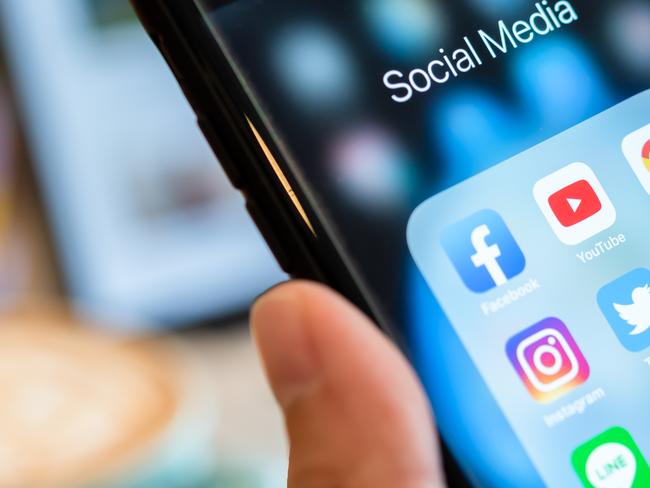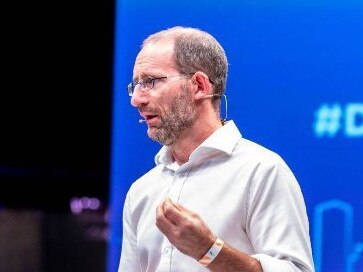Facebook has exposed a secret Chinese misinformation unit that created hundreds of fake profiles
China has been accused by Facebook of setting up an “online hall of mirrors”. Here’s what they did and the surprising way they were caught.
World
Don't miss out on the headlines from World. Followed categories will be added to My News.
A secretive cabal in China had created an “online hall of mirrors” with hundreds of social media accounts solely designed to spread misinformation, Facebook has revealed.
In an unusual calling out by the social media giant, Facebook said the group whose members largely work for Chinese state-run companies had invented “experts” and other characters to then watch as their fake insight trickled through to mainstream media.
The “disinformation network” included a fictitious Swiss biologist spreading unfounded claims about Covid-19 and an alleged US plot to pressure the science world to blame China and conduct a new virus origin investigation.
That story, which was created in July and sparked the campaign of other fake online experts, was carried widely by the Chinese media, even after it was exposed as being fictitious.
The fake biologist was backed, or “liked” by hundreds of other Facebook users some of whose accounts were created the same day posing as Westerners from the US and Australia but whose accounts have been traced to a tech firm based in Chengdu in China.

“In effect it worked like an online hall of mirrors, endlessly reflecting the original fake persona and its anti-US disinformation,” according to Ben Nimmo, who leads investigations into disinformation at Meta, the parent company of Facebook and Instagram.
In all, Meta removed about 600 accounts on Facebook and Instagram that were linked to the network.
Chengdu is home to the People Liberation Army’s Second Technical reconnaissance Bureau Military Unit Cover Designator (MUCD) that has for years targeted Australia and other ASEAN countries for misinformation and cyber hacking campaigns notably on government, critical infrastructure, the defence supply chain and academia.
China’s Ministry of Foreign Affairs has said in the past that the country’s government does not employ trickery on social media. Efforts to contact the companies cited in the report weren’t immediately successful on Wednesday.

Mr Nimmo said the network was easily spotted by its deploying of clumsy tactics. Several of the fake accounts sent out identical posts at similar times a clear indication of co-ordination. Another person apparently working for the network posted instructions for reporting the claim in what Facebook determined was likely “a sloppy mistake”.
China’s disinformation networks have consistently been haphazard, said Bret Schafer, who heads the information manipulation team at the Alliance for Securing Democracy, a nonpartisan think tank in Washington.
The network unearthed by Facebook show that the Chinese are still working on their influence campaign strategy, unlike Russia, which has spent decades crafting disinformation campaigns that target unwitting Americans online and go undetected for years.
“It didn’t take long for this to be unravelled,” Mr Schafer said.
“The Chinese are still a bit sloppier with what they do. I can’t imagine the Russians doing something like this, where they just create a persona out of thin air.”
Originally published as Facebook has exposed a secret Chinese misinformation unit that created hundreds of fake profiles




